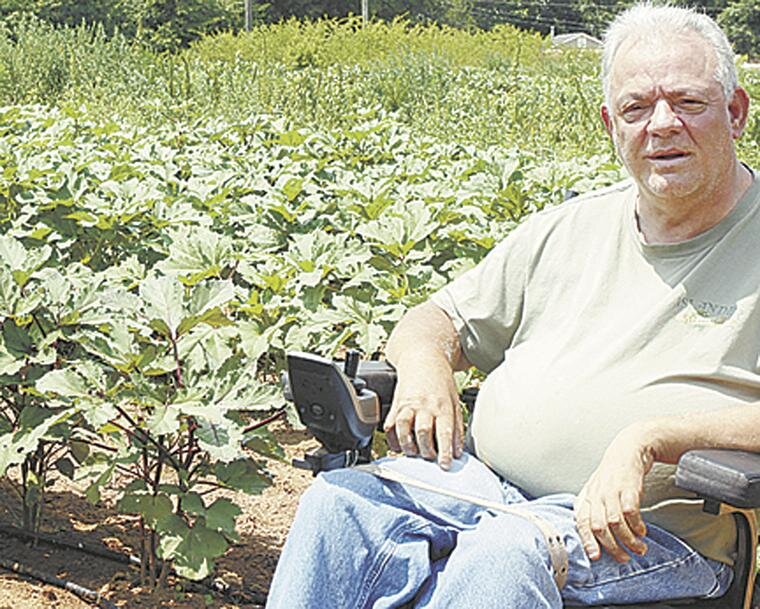By Porter Mitchell
Riverview Farms sits on 1,100 acres near the small town of Ranger in northwestern Georgia. The Coosawattee River, the farm’s namesake, ambles slowly through the property that’s been in the Swancy family since the 1970’s.
Wes Swancy and his wife Charlotte returned to this family land nearly 20 years ago and began Riverview Farms as a modest vegetable operation.
“Back then, Georgia Organics was an organic certifier—and we sold our vegetables at Morningside, the only farmers market,” Charlotte said, laughing.
Soon they added pigs, chickens, cows, and other livestock to the mix to help nurture the soil.
“We’ve always focused on the soil,” Charlotte explained. “It may sound simple, but it isn’t. You have to have good farmland to feed your plants, that then feed your animals, whose manure feeds the soil-- everything has to work in a cycle.”
In February, Wes and Charlotte will receive the Land Steward Award at the annual Georgia Organics Conference for their tireless, 20-year commitment to caring for their soil.
“Land stewardship is an awareness of your connections to a much larger system,” said Georgia Organics Farmer Services Director Michael Wall. “It’s not just the land, it’s water, it’s air—it's a living network that we’re all connected to.”
Riverview expanded to other farmers markets as they opened and were founding farmers of the Freedom Farmers Market in 2014. Wes and Charlotte began making in-ways in the chef and eater community.
“Back then, no one else was dedicated to humanely raised pork,” explained local butcher and food advocate Rusty Bowers, who opened Pine Street Market in 2008 after meeting the Swancys and now partners with them on Chop Shop in Atlanta, which they created in 2018. “The attention to excellence at each step in their process is what really sets Riverview Farms apart.”
Riverview is a “full-circle” farm. It produces all the feed that sustains the livestock, and in turn, the livestock supports the land.
Their Berkshire, Tamworth, and Cheshire pigs forage the property for sweet gumballs, pecans, and acorns. They also enjoy the farm’s leftover fruits and vegetables, and have a particular fondness for melons. Their diet is supplemented with non-GMO corn grown on the farm, the same corn that’s milled and made into Riverview’s famous grits and polenta.
“Riverview is an industry leader,” noted Terry Koval, head chef at The Deer and the Dove and former head chef at Wrecking Bar. He’s been sourcing from Riverview since 2010. “Their commitment paved the way for so many of the organic farms in Atlanta that came after them.”
Riverview exists in a unique place in an agricultural landscape dominated by extremes. It’s neither a mega farm spanning thousands of acres or a two-acre market farm. It sits right in the middle.
“Riverview is truly a cornerstone of the farming community, and they exemplify the three pillars of the Land Steward Award: environment, health, and community,” said Alice Rolls, Georgia Organics President and CEO. “Riverview is in a tough position as a mid-sized farm. They’ve struggled, but they’ve been able to innovate. They’ve worked cooperatively with other farms and the business community, and they’ve transformed their land.”
Charlotte is thoughtful when asked about what land stewardship means for her and Wes.
“Land stewardship is to care for the land and for the soil—leave it better for your great, great grandchildren,” she explains. “The land isn’t just for now and for today, it’s for 100 years from now.”
Congratulations to Charlotte and Wes of Riverview Farms on being named the 2020 Land Steward Award winners.
Porter Mitchell is Georgia Organics’ Farmer Services Coordinator. She can be reached at porter@georgiarganics.org.























